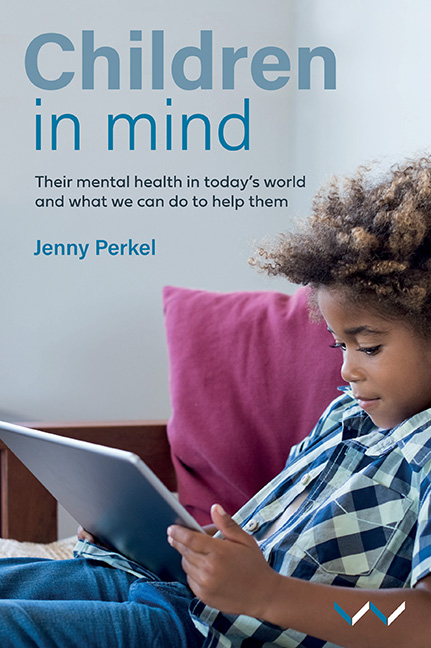Summary
Children in Mind is the book I would like to have read when I was just starting my career as a clinical psychologist specialising in child mental health. The primary focus of this book is modern, up-to-date clinical child psychology in relationship to the context in which today's children are being raised. Many people ask the question, Are children today better or worse off than children in previous generations? The multitude of factors associated with child development and mental health means that the answer is much too complicated for a single, simplified response. Childhood is certainly not what it used to be, and distressed, unhappy children need their psychologists, therapists and educators to be thinking about the current, lived experience of being a child in this new and constantly changing world.
A child's developing mind is deeply influenced by the environment in which he or she is being raised. This context is partly made up of the home, parents, family, peer group and school. The wider context includes the child's community, race and physical location, all of which have their socio-economic, political and historical complexities. Child psychology cannot be isolated from any of these factors. I have written this book from my own perspective as a clinical psychologist trained in South Africa. My clinical experience is with South African children, across a wide range of socio-economic and racial diversity. So there is inevitably some focus on the South African context in this book and it features in certain chapters more than others. However, Children in Mind is not limited to the South African context. It is about all children everywhere and it refers to research from around the world, including from Asia, Europe, the US, Australia, the UK and Africa. My perspective reflects the current worldwide movement towards global mental health. This movement recognises that mental health is a global challenge requiring urgent intervention, with an emphasis on correcting the inequity in health-care provision across deep socio-economic divides.
Whether as educators, psychologists, therapists, medical professionals or childcare workers, people who work with children are typically very interested in the mind of a child.
- Type
- Chapter
- Information
- Children in MindTheir Mental Health in Today's World and What We Can Do to Help Them, pp. 1 - 10Publisher: Wits University PressPrint publication year: 2022

